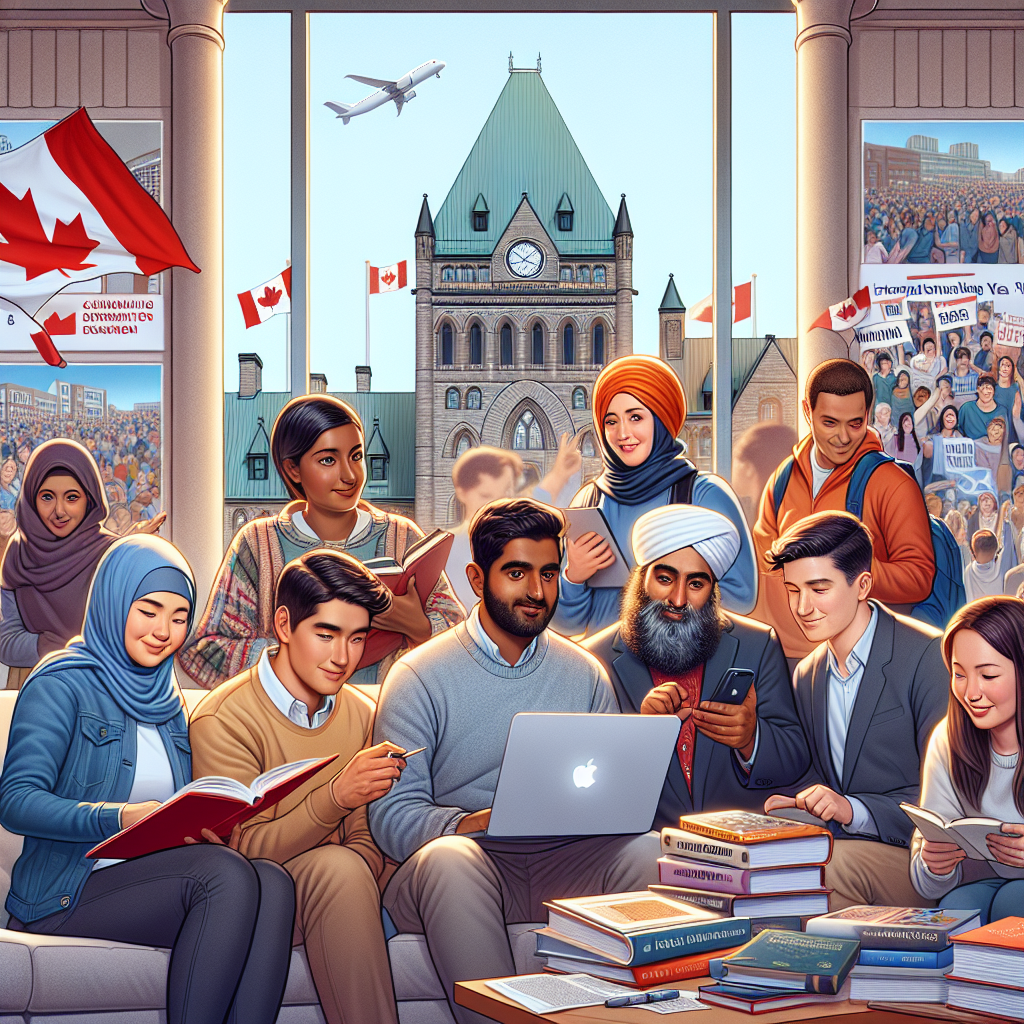Canada to Revamp International Student Visa Policies in 2025

Title: Rethinking International Student Visas: Canada’s Path to Sustainable Education and Immigration
Summary:
Canada is reevaluating its approach to international student visas due to rising concerns about housing, campus support, and the financial dependence of educational institutions on foreign tuition. Immigration Minister Lena Metlege Diab is spearheading consultations this summer aimed at establishing a more sustainable framework for welcoming international students. As the number of international students has surged, so have the challenges related to housing and institutional capacity. This shift emphasizes the need for a balanced, quality-driven approach to educational immigration.
The Need for Change: A Growing Concern
International students are a cornerstone of Canada’s higher education system, contributing significantly to academic and cultural diversity. However, the rapid increase in their numbers has led to pressing challenges. Educational institutions, which have relied heavily on tuition from international students, are now facing potential budget shortfalls and program cuts as visa numbers fluctuate. Many schools are unprepared to adequately support the influx, resulting in inadequate housing and insufficient academic resources.
The federal government’s renewed focus on international student visas is not merely about managing numbers; it’s about ensuring the sustainability of both the education system and the student experience. The discussions led by Diab aim to restore balance by limiting admissions to those students for whom institutions can genuinely provide support.
Consultative Approach: Gathering Insights
This summer, the Immigration, Refugees and Citizenship Canada (IRCC) is conducting consultations involving provincial governments, post-secondary institutions, and student representatives. The goal is to gather diverse perspectives to inform future immigration targets. Key areas of concern include:
- Housing Availability: Can campuses and cities provide enough housing for an increasing student body?
- Institutional Capacity: Are schools equipped to support more international students?
- Fiscal Stability: How reliant are schools on foreign tuition?
- Quality of Experience: Are international students receiving adequate support during their studies?
These discussions are critical, as they will guide the Canadian government in shaping its immigration policy to ensure long-term stability for both students and institutions.
Implications for Students and Institutions
The impending changes are already having an impact on prospective and current students. Since late 2023, all study permit applications subject to a cap require an attestation from a province or territory, ensuring that the institution can support the applicant. Institutions that previously thrived on high international enrollment may need to adjust their recruitment strategies, adopting stricter admission criteria and refining their financial plans.
Students, on their part, are advised to apply early, confirm their school’s eligibility, and ensure that adequate housing and support services are in place.
Looking Ahead: A Balanced Future
The outcomes of these consultations will directly influence Canada’s next immigration levels plan. While pathways to permanent residency remain a topic of exploration, the management of international student visas may become more stringent. This evolution is not intended to reduce opportunities; rather, it aims to create a more sustainable and supportive environment for all stakeholders involved.
Canada’s initiative to reassess its international student visa strategy marks a pivotal moment in its immigration landscape. By prioritizing quality and stability, the government seeks to cultivate a robust educational system that benefits both students and institutions. For those considering studying in Canada, this evolving framework underscores the importance of preparation and awareness in navigating future opportunities.
In conclusion, as Canada strives to balance growth with sustainability, international students and educational institutions must adapt to ensure a thriving academic environment that serves the needs of all participants.



